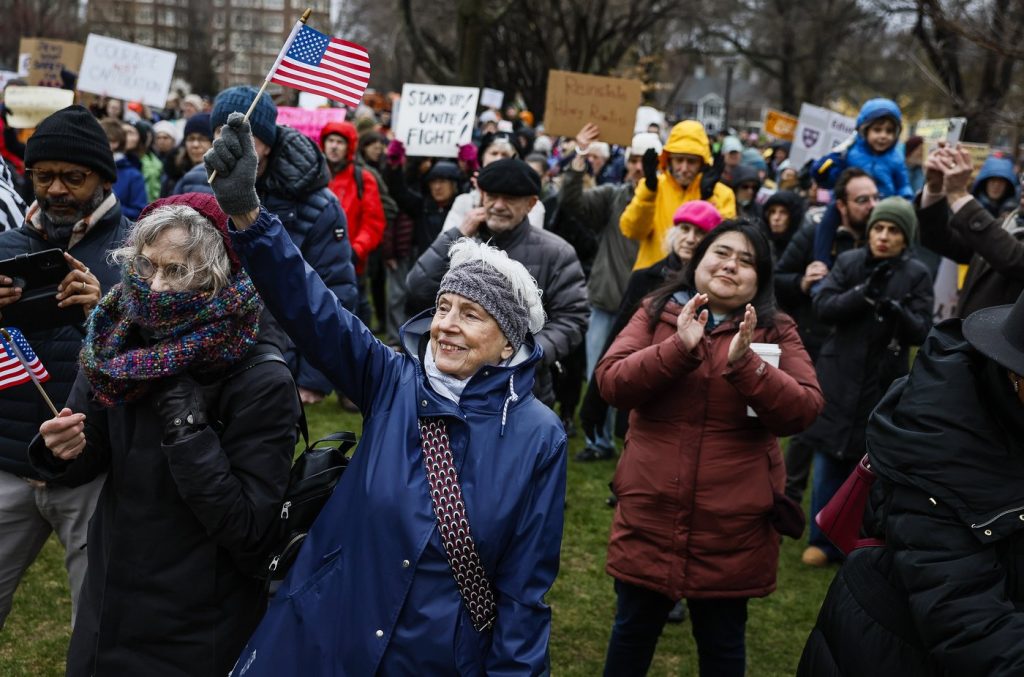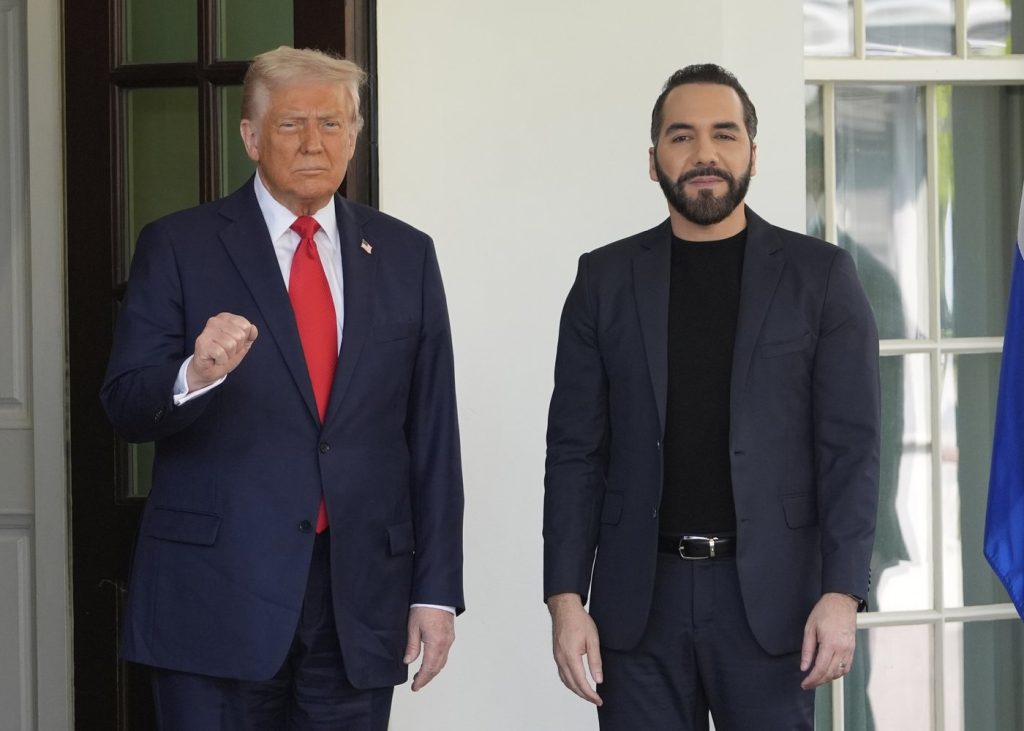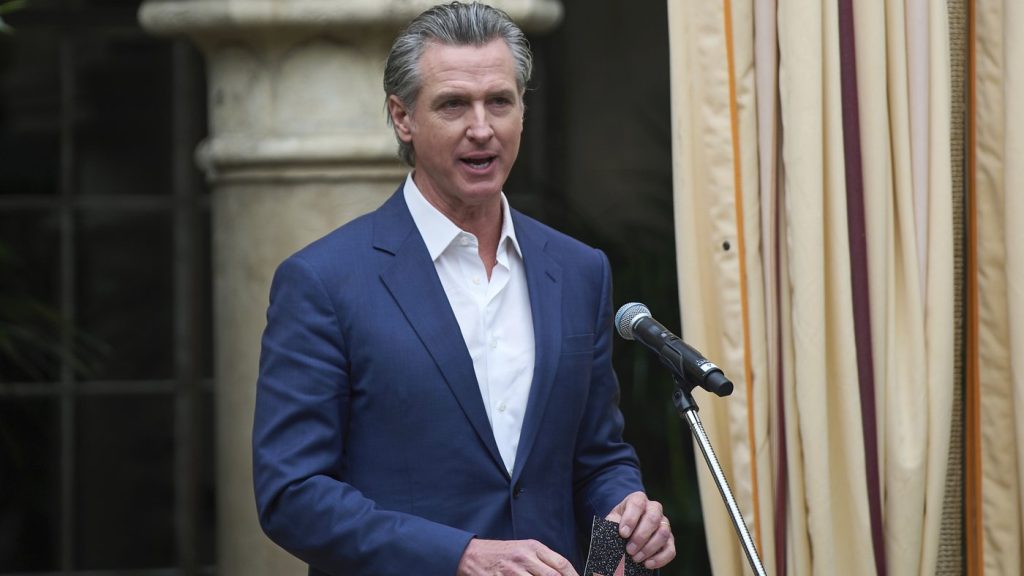BOSTON (AP) The federal government announced a freeze on over $2.2 billion in grants and $60 million in contracts to Harvard University after the institution declared it would not comply with the Trump administration's demands to limit activism on campus. This marks the seventh instance in which President Donald Trump's administration has targeted Harvard for noncompliance, a move primarily viewed as an attempt to enforce adherence to his political agenda.
Six of the seven targeted institutions are part of the prestigious Ivy League, indicating a broader trend of the administration's focus on elite academic establishments. Harvard, with an endowment exceeding $50 billion, stands out as particularly capable of resisting governmental pressure, setting the stage for a significant confrontation between federal authorities and America’s oldest university.
In a letter sent on a Friday, the Trump administration demanded extensive reforms at Harvard, including changes in its admissions policies, a broad audit of diversity perspectives on campus, and the cessation of recognition for certain student organizations. The government also suggested that nearly $9 billion in total grants and contracts would be jeopardized if Harvard failed to comply with these stipulations.
On Monday, Harvard President Alan Garber firmly stated that the university would not acquiesce to the government's requests. He emphasized the importance of maintaining Harvard's independence and constitutional rights, clarifying that "no government regardless of which party is in power should dictate what private universities can teach, whom they can admit and hire, and which areas of study and inquiry they can pursue."
The freezing of federal funds occurred just hours after Garber's declaration, highlighting the urgency and seriousness of the administration's actions. The first institution to experience such pressure was Columbia University, which ultimately complied to avoid significant funding cuts. Other affected universities include the University of Pennsylvania, Brown, Princeton, Cornell, and Northwestern.
The Trump administration's strategy of withholding federal funding to compel compliance has been normalized, specifically citing concerns over unchecked antisemitism at protests related to Israel's actions in Gaza during the previous year. Garber countered this narrative by asserting that Harvard had already implemented reforms to address antisemitism and criticized the government's demands as attempts to manipulate the "intellectual conditions" at the university.
He further argued that the withholding of funds could have severe implications for public health, economic security, and violate First Amendment rights. The administration's demands comprised controversial stipulations such as implementing "merit-based" admissions and hiring policies, conducting an audit of the perspectives on diversity within its community, and imposing a ban on face masks, seemingly directed at pro-Palestinian protesters on campus.
The federal antisemitism task force remarked that Harvard's resistance exemplifies a troubling sense of entitlement prevalent within elite universities. They argued that the lack of accountability for federal investments undermines civil rights laws and contributes to a problematic environment on campuses, particularly regarding the treatment of Jewish students.
President Trump expressed an intent to take a firmer stance against antisemitism on campus, accusing former President Joe Biden of allowing schools too much leniency. Under this administration, investigations into colleges and the detainment of several foreign students linked to pro-Palestinian activism have also been reported.
In response to the administration's overreach, a group of Harvard alumni urged university leaders to legally challenge the government's demands, emphasizing the importance of academic freedom and self-governance. Anurima Bhargava, one of the alumni who signed the letter, commended Harvard for standing firm against authoritarian pressures, reaffirming the values foundational to higher education.
Moreover, the government's actions have led to protests within the Harvard community as well as legal challenges, including a lawsuit filed by the American Association of University Professors. This lawsuit contends that the Trump administration failed to follow proper procedures outlined under Title VI before cutting funds, arguing that the demands are politically motivated rather than legitimate corrective measures for any alleged legal noncompliance.












